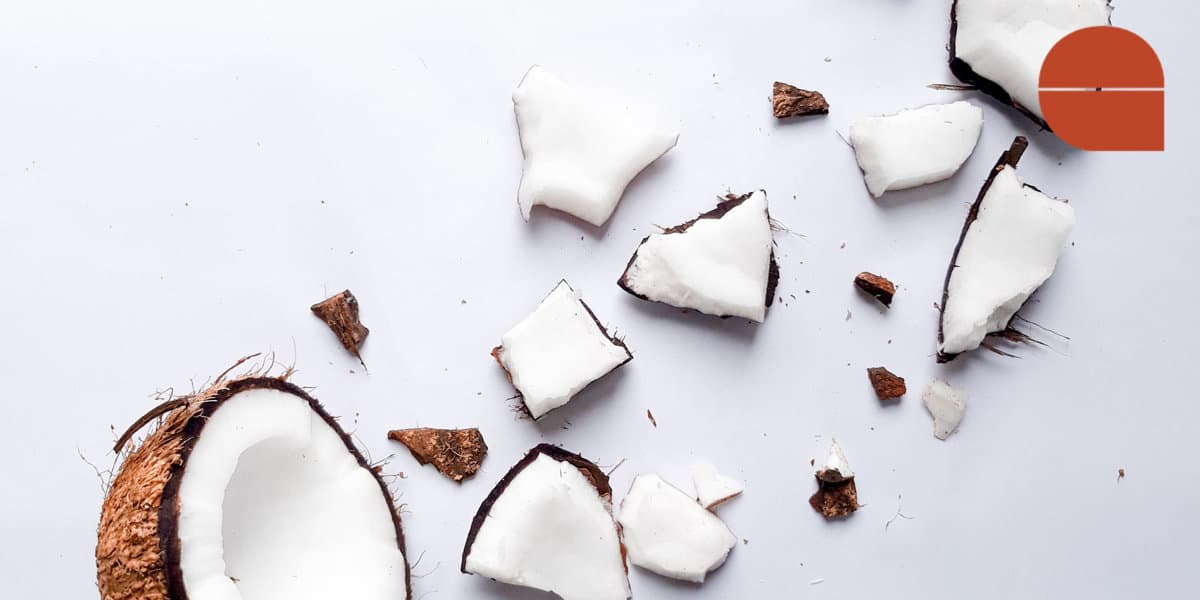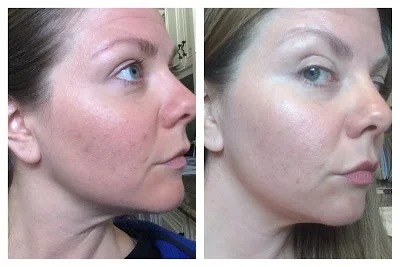Scars can be a constant reminder of past injuries or surgeries, and many people are on the lookout for natural remedies to help fade them. One popular option that has gained attention in recent years is coconut oil. But does coconut oil really help scars?
In this article, we will explore the potential benefits of coconut oil for scars and whether it is an effective solution for scar reduction.
1. Understanding Scars
Before delving into the effectiveness of coconut oil for scars, it’s important to understand what scars are and how they form. Scars are the result of the body’s natural healing process after an injury or surgery. When the skin is damaged, the body produces collagen fibers to repair the wound. These collagen fibers can sometimes create an uneven texture, resulting in a scar.
2. The Composition of Coconut Oil
Coconut oil is derived from the meat of mature coconuts and is known for its various health benefits. It is rich in fatty acids, including lauric acid, which has antimicrobial properties. Coconut oil also contains vitamin E, which is known for its antioxidant properties and ability to promote skin health.
3. Potential Benefits of Coconut Oil for Scars
While scientific research on the specific effects of coconut oil on scars is limited, anecdotal evidence suggests that it may have some potential benefits. Here are a few ways in which coconut oil may help with scar reduction:
- Moisturization: Coconut oil is a natural moisturizer that can help keep the skin hydrated. This may help improve the appearance of scars by reducing dryness and promoting overall skin health.
- Antimicrobial Properties: The lauric acid found in coconut oil has antimicrobial properties, which may help prevent infections in wounds and promote faster healing.
- Antioxidant Effects: Vitamin E, present in coconut oil, is known for its antioxidant properties. Antioxidants help protect the skin from damage caused by free radicals, which can contribute to the formation of scars.
- Massage Benefits: Massaging coconut oil onto scars may help improve blood circulation to the area, which can promote healing and reduce the appearance of scars over time.
4. How to Use Coconut Oil for Scars
If you decide to try using coconut oil for scars, here are some tips on how to incorporate it into your skincare routine:
- Choose a high-quality, organic coconut oil to ensure you are getting the best possible benefits.
- Start by cleansing the scarred area with a gentle cleanser and patting it dry.
- Take a small amount of coconut oil and warm it between your palms until it melts.
- Gently massage the oil onto the scarred area using circular motions for a few minutes.
- Leave the oil on for at least 30 minutes or overnight for maximum absorption.
- Repeat this process daily for several weeks or until you notice an improvement in the appearance of your scars.

5. FAQs on ‘Does Coconut Oil Help Scars’
Q: Is coconut oil suitable for all types of scars?
A: Coconut oil can be used on various types of scars, including acne scars, surgical scars, and stretch marks. However, it is always best to consult with a dermatologist before trying any new skincare product, especially if you have sensitive skin or a history of allergies.
Q: How long does it take for coconut oil to show results on scars?
A: The time it takes for coconut oil to show results on scars can vary depending on the individual and the severity of the scars. Some people may start noticing improvements within a few weeks, while others may require several months of consistent use.
Q: Are there any side effects of using coconut oil on scars?
A: Coconut oil is generally considered safe for topical use. However, some individuals may experience allergic reactions or skin irritation. It is recommended to perform a patch test before applying coconut oil to a larger area of the skin.
Conclusion
While scientific evidence on the effectiveness of coconut oil for scars is limited, many people have reported positive results when using it as part of their skincare routine. The moisturizing properties, antimicrobial effects, and antioxidant benefits of coconut oil may contribute to scar reduction. However, it is important to remember that everyone’s skin is unique, and what works for one person may not work for another.
So, if you’re looking for a natural remedy to help fade scars, coconut oil may be worth a try. Just remember to choose a high-quality oil, perform a patch test, and be patient as results may take time to show. And who knows, you might just uncover the secret to smoother, healthier-looking skin!
Fun Fact:
Did you know that coconut oil has been used for centuries in traditional medicine for its healing properties? It has been a staple in many cultures around the world, and its benefits extend beyond skincare. From cooking to hair care, coconut oil has a wide range of uses that make it a versatile and valuable ingredient to have in your home.
Originally posted 2023-07-17 13:35:45.

